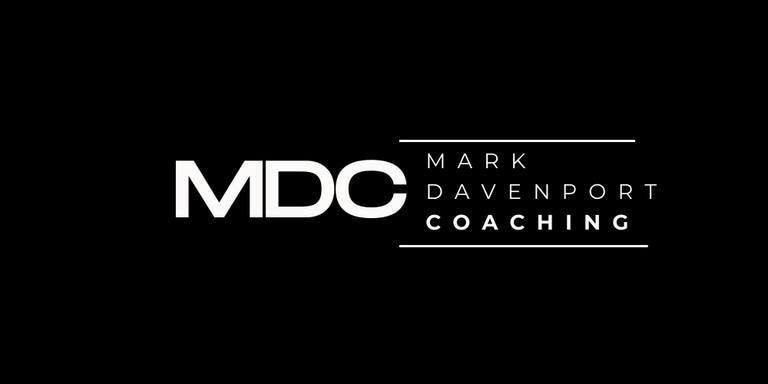Why You’re Always Hungry on a Diet (And What to Do About It)
6/1/20253 min read


When you decrease your calories with the goal of fat loss, you’ll inevitably feel hungry; it’s part and parcel of dieting, unfortunately. But do you understand how these hunger signals happen and the role they play in the body? I hope by the end of this post, you will have a better understanding of hunger, which hormones play a part in it, and I’ll give you some practical tips to deal with the hunger monster.
Hunger may be one of the main reasons people fail when trying to lose body fat. The hunger takes over, which can then lead to you overeating. If you can understand hunger better, I think you’ll have a better chance of dealing with it.
The first thing to understand is, you will feel hungry, no doubt about it. Anyone telling you, you shouldn’t feel hungry when you are in a deficit is lying. However, what we can do is use certain strategies to control and reduce it.
Let’s start by looking at the hormones involved.
The key hormones playing their part are ghrelin, leptin, and insulin. To simplify the process, when we are hungry, there is an increased release of ghrelin, which is stored in the stomach. This increase is the main thing that provides us with hunger signals, and it’s there for good reason, to make us eat to survive.
Next up is leptin, a hormone made by our fat cells that helps tell the brain we have enough energy stored. When leptin levels are high, it can help reduce hunger and make us feel full.
Finally, let’s have a look at insulin and its role. Insulin, released by the pancreas, is responsible for moving sugars in the bloodstream to storage (as body fat) or to be used for energy. When insulin rises after we’ve eaten, it helps inform the brain that we’ve eaten and reduces hunger.
However, if insulin stays high, let’s say from a lot of snacking or lots of sugary foods, then the signals may become confused, and you may continue to feel hungry even when you’ve eaten enough.
In summary:
Grehlin - Eat now, you’re hungry.
Insulin - We’ve just eaten, you’re good.
Leptin - We have enough stored energy, no more needed.
But here’s where they all impact each other - when insulin levels stay high for too long, it can lead to leptin resistance. This simply means the brain doesn’t properly receive the “I’m full” signal from leptin. As a result, the brain thinks leptin levels are low, so hunger stays high, and ghrelin remains elevated too.
Science bit done - Let’s talk practical advice:
Try and include high-volume, low-calorie foods - In other words, get your fruit and vegetables in every meal. The amount of fibre is going to support your feelings of hunger, and it may feel like you're eating more food, but able to maintain the calorie deficit.
Protein fills you up - In comparison to carbs and fats, protein is the most filling of the macronutrients. It can also regulate the hunger hormone, ghrelin. To calculate a starting point, go for 1.6g of protein per kilogram of body weight. Note - If you are currently nowhere near this target, don’t go that high, use 1.2g as a starting point.
Sleep matters - You probably know a lack of sleep practically can lead to bad choices around nutrition as you probably haven’t prepped anything so you reach for the convenient option which might not always be the best, however in terms of hormones, a lack of sleep = high ghrelin (hunger hormone) and low leptin (fullness hormone).
Be active - Strength training and activity in general can improve insulin sensitivity, improve sleep, help reduce visceral fat (around our organs), which improves leptin sensitivity. Aim to increase your current step count and add 2-3 resistance sessions per week.
